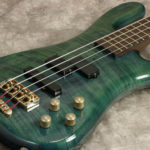

The Importance Of The Bass Guitar
The bass is a very important instrument in music and necessary in a band. The bass is the foundation, and it bridges the gap between the guitar and the drums, or treble and percussion.
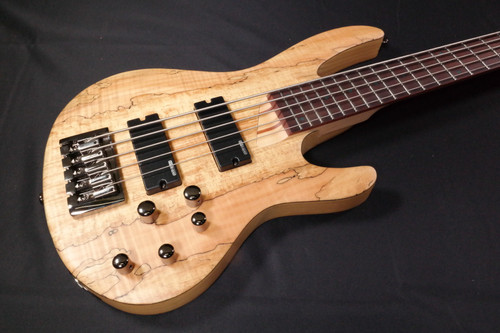
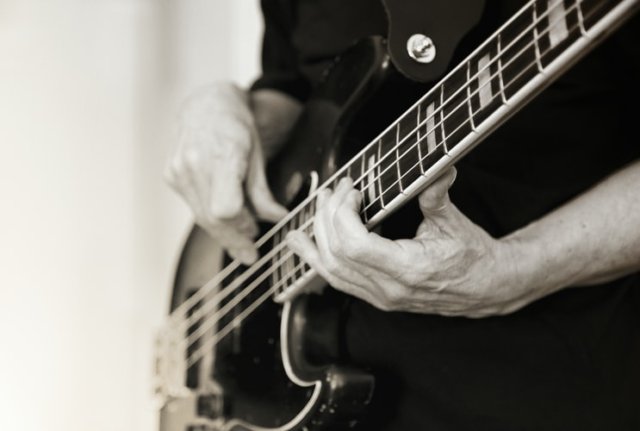
A lot of people don’t understand the bass guitar. It’s not as flashy or upfront as the singer or the guitar player, or even the keyboards. The bassist isn’t making obvious movements like the drummer. Visually, it’s easy to wonder what the bass guitar is actually doing, and whether we need a bass guitar in a band.
The bass guitar is quite possibly the least noticed member of a standard rock band, however they perform a crucial role. The bass guitar adds several things to the mix of the sound that are important and are difficult to replicate with the other instruments.
Link Between Drums And Guitar
There are many genres of music: rock, blues, jazz, metal, etc. In almost every band, the bassist plays the most important role. The bass serves as the link between the drummer and the higher pitched components: the singer, guitars and keyboards. The bass produces the rhythm and beat of a song. The bassist and drummer play simultaneously, to maintain the rhythm throughout the song. If there is no bassist, the music sounds dull and incomplete. The rest of the musicians need the bass, to follow and play along with.
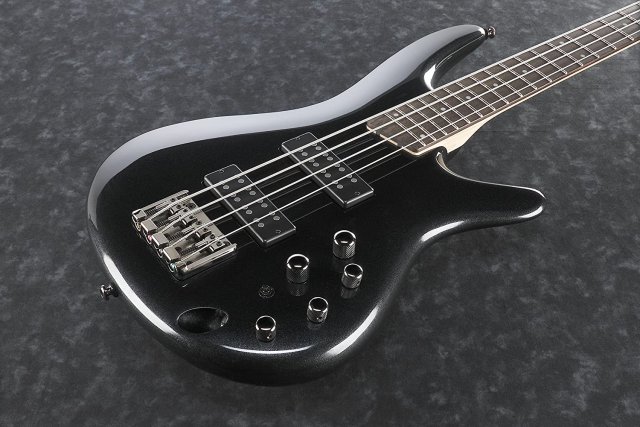
Provide Lower Tones With The Drummer
There are a lot of pieces of a typical band that are producing tones at the higher end of the spectrum. The guitars, including any lead and rhythm guitars, the lead vocalist and any backing vocalists, the keyboardist, the snare and cymbals of the drummer and some horns in a horn section are all combining to form the higher pitched tones of the melody. On the low end, however, things are much more sparse. In most band arrangements, the drummer is the only one providing anything to the low end with her use of the bass drum and some toms. It’s the bass player that is stepping in to support that tonal spectrum, which together creates the rhythm.
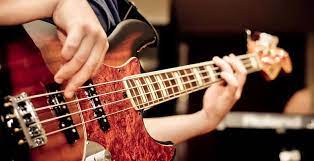
Reinforce The Melody
The bass guitar also serves by adding to and therefore reinforcing the melody of the song. If the song is in the progression of D, C, G as played by the rhythm guitar player, the bassist can reinforce this by adding a root note of those chords an octave lower than what the guitarist is playing. Since our ears tend to pick up lower notes and identify them as chordal tones, this helps reinforce the melody. It’s common for guitar players to choose to stay toward the middle of the guitar, tonally speaking, since the bass player can pick up the lower tones of that melody.
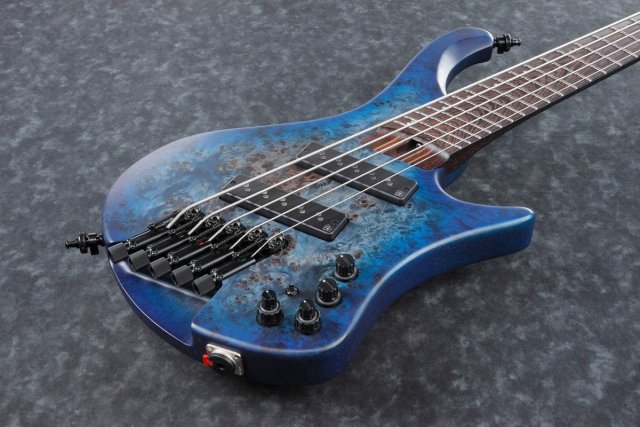
Cover Beats Not Played By The Drummer
Imagine if a song is playing eighth notes, and the drummer is playing the beats in quarter notes. The bassist fills the rhythm, during those beats, that are not played, by the drummer. This makes the bass the main rhythm section, for the rest of the band to follow, and play with. The bass guitar is the foundation because it provides the backbeat, in a song.
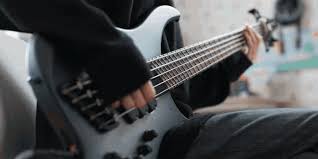
Add Creative Dynamics
The deep tones played by a bass is unique. It is different and stands out from the sound of the other instruments. Some bands use the bassist, to add creative elements, to the music. This could add interesting dynamics to a song that the other instruments do. Playing fills, walking bass lines or a bass solo can add layers to the arrangement of the song.

Set The Timing
According to research, humans are naturally able to follow a bassline, over the other instruments. We can determine the beat, and keep up with the timing of a bassline. A study published by the National Academy of Sciences, found that the brain better detects timing deviations, in a lower-pitch, than in a higher-pitch. Tapping synchronization, to the tones, is more influenced, by a lower-pitched stream. They found that when the timing of the bass changed, people noticed it, more than timing changes of higher-pitched instruments.
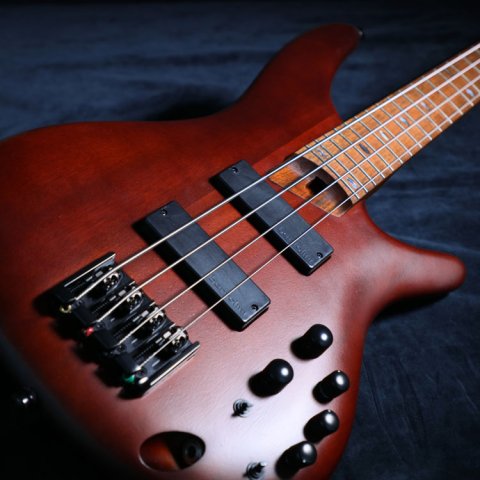
Add Power To Songs
Another interesting study found that songs with strong bass provide listeners with a feeling of power that would even last after listening to the music. This study, from sciencedaily, com “found that those who listened to the heavy-bass music reported more feelings of power and generated more power-related words in the implicit task than those listening to the low-bass music.” Try to get a keyboard to do that.
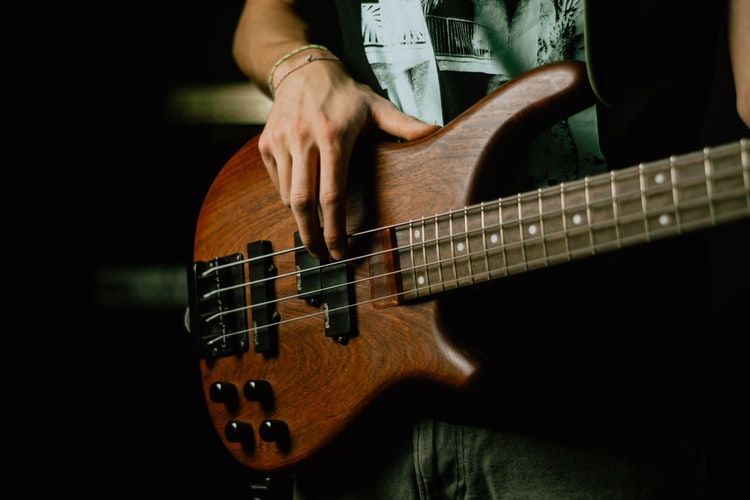
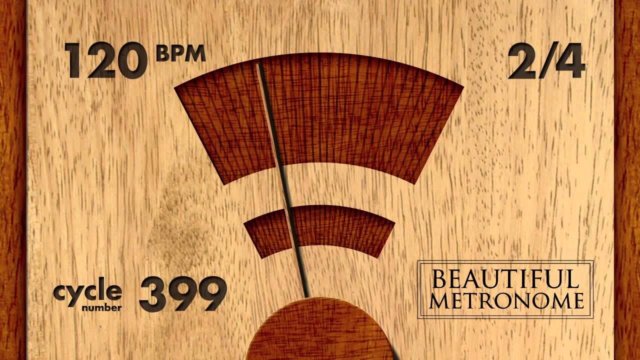
Do You Need A Bassist
We’ve established the importance of a bass guitar in a band, but what about if you don’t have a bassist. Do you really have to have a bass guitar in a band? As with anything musical, there really aren’t that many rules, and the ones that do exist are there to be broken. So it certainly is possible to not have a bass player in your band, but you’ll run the risk of your music sounding hollow or thin. You do have the option of adjusting the mix to try to get other instruments to cover the tonal spectrum that would be occupied by the bass, however the results of this are often muddy and sound false.

Many people would argue that songs just don’t sound correct without the bass, and if the bass doesn’t match up with the guitars, it is noticeable. This can be experienced when using recording software and then mute the bass track, which is often startling how quickly the song sounds bad. Your personal preferences and style of music will determine for you how important the bass, and every other instrument for that matter, is for you.
Do You Need A Bassist
I think it’s pretty obvious how important a bass guitar is, in a band. Sometimes, bands don’t have a bass player. Do they really need to have a bass guitar in order to play music? When it comes to music, there aren’t too many rules. It is a creative artform, and rules tend to get changed or broken. It is to play without a bass, but your music will sound thin. You could use the low strings on a guitar to cover the role of the bass, and match the melody. Another option is to use an octave pedal, to shift your guitar’s pitch down an octave, or more. up or down an octave or more. This could work, if its done correctly, if not it will sound fake.
I play bass, so I feel strongly about the role it plays in music. I know I wouldn’t enjoy listening to music without bass.
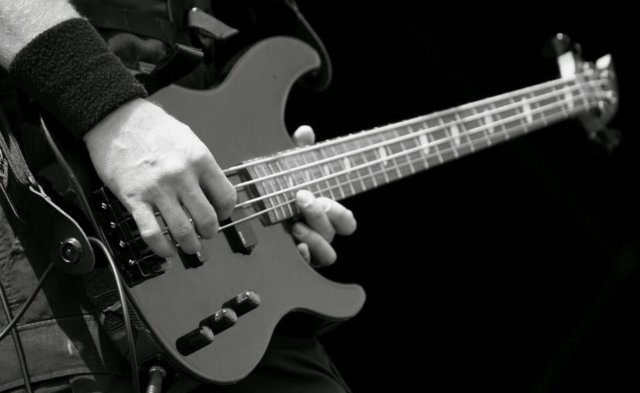
When listening to music, that doesn’t have bass, it is clearly, noticeable. It is also noticeable, when the guitars, or drums, are not playing in sync, with the bass. When using recording software, to record and mix music, you can hear how different music sounds, when the bass is removed. If you mute out the bass, the music will sound plain and lifeless. A bassline is so important. A lot of bands build their songs off of an original bassline, and add the other instruments to it. In my opinion, the bass is a base, or foundation. Everything is built off of it and it is the structure that holds everything together.







